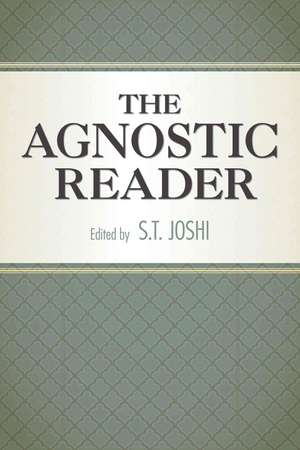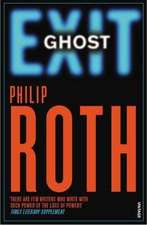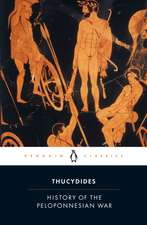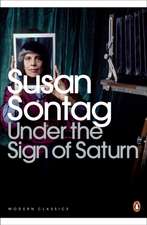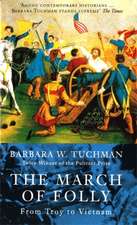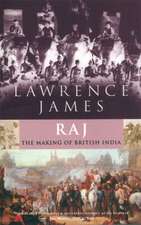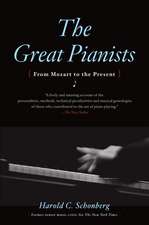The Agnostic Reader: Great Minds Series
Autor S. T. Joshien Limba Engleză Paperback – 31 iul 2007
This reader prints selections of some of the most profound and pioneering discussions of agnosticism over the past two centuries. Beginning with early formulations of the agnostic perspective by Thomas Henry Huxley (who coined the term agnostic), Bertrand Russell, and others, editor S. T. Joshi shows how agnosticism received a strong boost in the later 19th century from the so-called higher criticism of the Bible. Selections from Edward Burnett Tylor, Arthur Schopenhauer, Robert G. Ingersoll, and Edward Westermarck made a strong case that religion was a natural product of primitive development and that the Bible was the product of an age of scientific ignorance and superstition.
By the late 19th and early 20th centuries, Christianity in Europe was in a state of decline among the intellectual classes. The writings of W. E. H. Leckey, Leslie Stephen, and Walter Lippmann show that leading commentators were openly pondering a European society in which Christianity was a thing of the past.
The increasing success of the natural sciences during this same time period supported the agnostic viewpoint by accounting for phenomena on a natural, rather than a supernatural, basis. Selections from John William Draper, Albert Einstein, Isaac Asimov, and others demonstrate the scientific respectability of agnosticism.
Finally, selections from such thinkers as Frederic Harrison, H. L. Mencken, and Corliss Lamont emphasize how living with agnosticism can be intellectually and morally satisfying, even exhilarating.
Overall, The Agnostic Reader shows how agnosticism can provide a framework for living with courage and dignity.
Preț: 130.85 lei
Nou
Puncte Express: 196
Preț estimativ în valută:
25.04€ • 26.14$ • 20.72£
25.04€ • 26.14$ • 20.72£
Carte disponibilă
Livrare economică 15-29 martie
Preluare comenzi: 021 569.72.76
Specificații
ISBN-13: 9781591025337
ISBN-10: 1591025338
Pagini: 386
Dimensiuni: 137 x 211 x 23 mm
Greutate: 0.43 kg
Ediția:American Pbk.
Editura: Prometheus Books
Seria Great Minds Series
ISBN-10: 1591025338
Pagini: 386
Dimensiuni: 137 x 211 x 23 mm
Greutate: 0.43 kg
Ediția:American Pbk.
Editura: Prometheus Books
Seria Great Minds Series
Notă biografică
S. T. Joshi is a freelance writer, scholar, and editor. His books include The Unbelievers: The Evolution of Modern Atheism; Documents of American Prejudice; In Her Place: A Documentary History of Prejudice against Women; God’s Defenders: What They Believe and Why They Are Wrong; Atheism: A Reader; H. L. Mencken on Religion; The Agnostic Reader; What Is Man? and Other Irreverent Essays by Mark Twain and The Angry Right: Why Conservatives Keep Getting It Wrong.
Recenzii
"With his usual knowing discernment, S. T. Joshi mines the literature of two centuries to distill a peerless overview of the agnostic stance. He presents agnosticism complete, in all of its many variants and as championed by its most eminent defenders. Like Joshi's reader on the closely related field of atheism, The Agnostic Reader squeezes between two covers the most brilliant writings devoted to this significant and controversial topic."
Tom Flynn
Editor of Free Inquiry magazine
and The New Encyclopedia of Unbelief
"The essays here, grouped under headings like 'Agnosticism and Science,' 'The Deficiencies of Religion' and 'The Agnostic Way of Life,' make persuasive arguments in favor of an anti-dogmatic acknowledgement that it is impossible to ever know the truth about matters concerning God and the soul ... [a] wonderful collection."
Kirkus Reviews
Tom Flynn
Editor of Free Inquiry magazine
and The New Encyclopedia of Unbelief
"The essays here, grouped under headings like 'Agnosticism and Science,' 'The Deficiencies of Religion' and 'The Agnostic Way of Life,' make persuasive arguments in favor of an anti-dogmatic acknowledgement that it is impossible to ever know the truth about matters concerning God and the soul ... [a] wonderful collection."
Kirkus Reviews
Descriere
This reader prints selections of some of the most profound and pioneering discussions of agnosticism over the past two centuries, including essays by Thomas Henry Huxley (who coined the term), Bertrand Russell, Albert Einstein, Isaac Asimov, and others.
